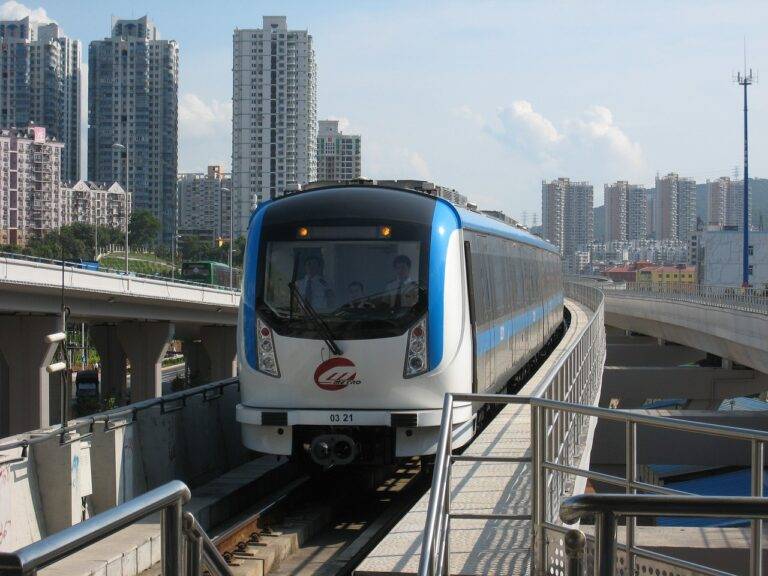The Impact of Remote Work on Facility Management Practices: Sky247 log in, Gold365, Gold win 365
sky247 log in, gold365, gold win 365: The Impact of Remote Work on Facility Management Practices
In recent years, the rise of remote work has transformed the way businesses operate. With more employees working from home or other off-site locations, facility management practices have had to adapt to accommodate this shift in the workplace landscape. Let’s explore the impact of remote work on facility management practices and what it means for businesses moving forward.
1. Flexibility in Space Utilization
One of the biggest impacts of remote work on facility management is the need for flexibility in space utilization. With fewer employees in the office on a daily basis, companies are reevaluating how they use their space and may opt for more flexible layouts that can be easily reconfigured to accommodate changing needs.
2. Technology Integration
Facilities managers have had to prioritize technology integration to support remote work. This includes investing in tools and systems that enable employees to collaborate effectively from anywhere, as well as implementing smart building technologies to monitor and manage facility operations remotely.
3. Wellness and Remote Work
The wellness of employees has become a top priority for facility managers in the age of remote work. With more people working from home, companies are looking for ways to support their employees’ physical and mental health, whether they are in the office or not.
4. Cost Savings
Remote work has also led to cost savings for businesses in terms of reduced overhead expenses related to office space, utilities, and maintenance. Facility managers are tasked with finding ways to optimize resources and minimize expenses while still providing a safe and productive work environment for employees.
5. Security and Compliance
With employees accessing company systems and data from remote locations, security and compliance have become critical concerns for facility managers. They must ensure that remote work policies and technologies are in place to protect sensitive information and meet regulatory requirements.
6. Employee Engagement
Maintaining a sense of community and connectedness among employees is a challenge with remote work. Facility managers play a key role in fostering employee engagement by creating spaces that promote collaboration, communication, and teamwork, whether in the office or virtually.
FAQs
Q: How can facility managers support remote work?
A: Facility managers can support remote work by implementing technology solutions, optimizing space utilization, prioritizing employee wellness, and promoting a sense of community and engagement among employees.
Q: What are the key challenges of remote work for facility management?
A: Key challenges of remote work for facility management include ensuring security and compliance, managing costs, maintaining employee engagement, and adapting to changing space utilization needs.
Q: How can facility managers measure the impact of remote work on their operations?
A: Facility managers can measure the impact of remote work on their operations by tracking key performance indicators related to space utilization, cost savings, employee wellness, security, and employee engagement.
Overall, the impact of remote work on facility management practices is substantial, requiring facilities managers to adapt and innovate to meet the changing needs of their organizations and employees. By prioritizing flexibility, technology integration, employee wellness, cost savings, security, and employee engagement, facility managers can navigate the challenges and opportunities presented by the remote work revolution.







